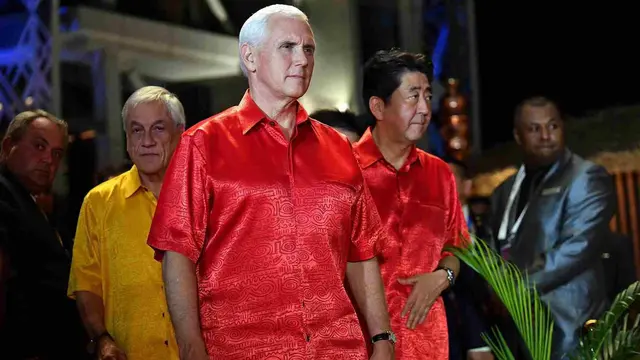By APD writer Lu Jiafei
For critics of Donald Trump, the loudmouth, impulsive and narcissistic U.S. president is the exact opposite of a visionary. Though facing an uphill battle to change the unfavorable impression, Trump could still prove others wrong based on how his administration would handle the formidable issue of counterterrorism after the collapse of the Islamic State (IS) “caliphate”.
Syrian militias backed by the United States declared last week the “total liberation” of Syrian city of Raqqa, the de facto capital of the IS, and with a touch of Trumpian optimism, the White House soon claimed that “the end of the ISIS caliphate is in sight.”
While the fall of Raqqa is welcome news, it is not the high-fives moment for Trump, who has, unsurprisingly, rushed to take credit for the military achievement. Strategic thinking and vision has never been Trump’s strength, but the president should stay alert to the grim reality that counterterrorism is far from being mission completed.
In Syria and Iraq, both former strongholds of IS, it is estimated that around 6,500 IS fighters are still holding out along the Euphrates River and the Iraq-Syrian border. Also, the IS leaderAbu Bakr al-Baghdadicontinues to be elusive.
However, the residue of IS fighting forces would prove to be the least of the Trump administration’s concerns.
In Syria, the waning influence of the IS has already ushered in a new stage of Syrian civil war, where violence between the Syrian government forces- backed by Russia and Iran- and U.S.-backed militias again emerges as the common goal of fighting the IS subsides.
In other words, the region could soon slip back to instability and while a U.S. policy on the future of Syrian President Bashar Assad is needed, the Trump administration is not offering it.
In Iraq, the destruction of Mosul’s al-Hadba minaretin al-Nuri Mosque back in July was seen by many as the defeat of the IS in the country. Yet, the path forward remains highly unclear now with the old malaise of ethnic and sectarian tensions between Sunnis, Shiites and Kurds over territory, resources and power continues to fuel extremism.
With the physical presence of the IS in Syria and Iraq now on the ropes, the U.S.-led coalition may have achieved its military goal. Now comes the hard part of guarding the military achievement with reliable political settlement.
The Trump administration should be aware that without such political settlement, temporary military gains would soon give way to another bout of instability, eventually allowing the next version of the IS to re-emerge in the region.
In his statement on the defeat of the IS in Raqqa, Trump mentioned that the next step would be to “support local security forces, de-escalate violence across Syria, and advance the conditions for lasting peace.”
While the language is vague, it still offers some hope that diplomacy and strategic vision may from now on start to take its belated leading role in how the United States handles the Middle East affairs.
However, Trump’s nine-month-long presidency has revealed him as a political novice who shows little interest in diplomacy and who lacks the ability to make strategic planning. His fateful decision to blatantly take Saudi Arabia’s side in bitter dispute with Iran over Middle East geography also bears unpredictable results for the stability of the region in the years to come.
Days before defeat of the IS in Raqqa, Trump took credit for IS’ loss in territory during an interview, claiming that IS wasn’t one the run before because “you didn’t have Trump as your president.”
Sadly, with the ludicrous complacency, Trump was again exposing the dangerous shallowness of his mind on issues of importance. But still, we live in hope.
Lu Jiafei, researcher of APD Institute. After spending one year in Palestine covering the Israeli-Palestinian conflict between 2013 and 2014, Lu moved to Washignton, D.C. and covered the 2016 U.S. presidential election till the very end of Donald Trump’s upset victory. He is a political contributor to APD.
(ASIA PACIFIC DAILY)
 简体中文
简体中文

